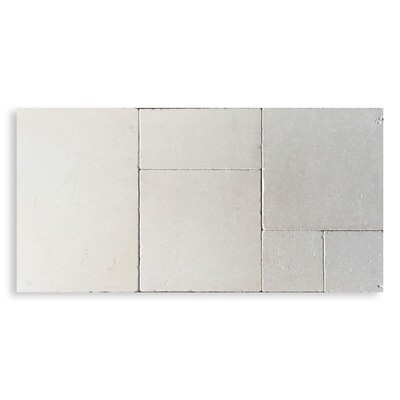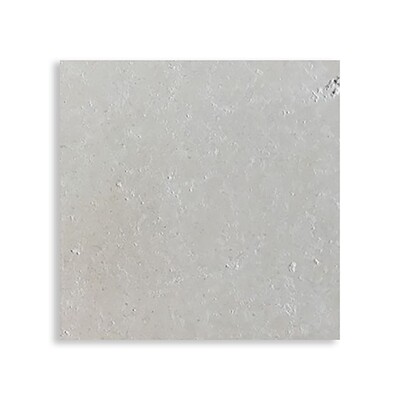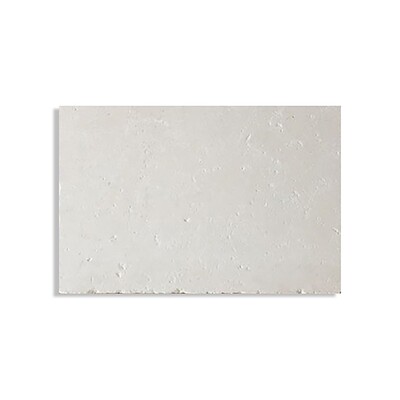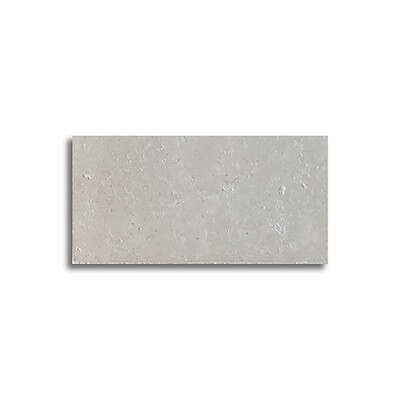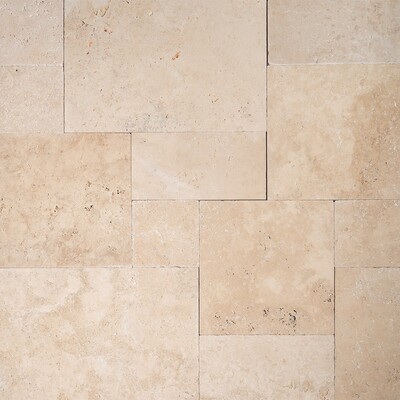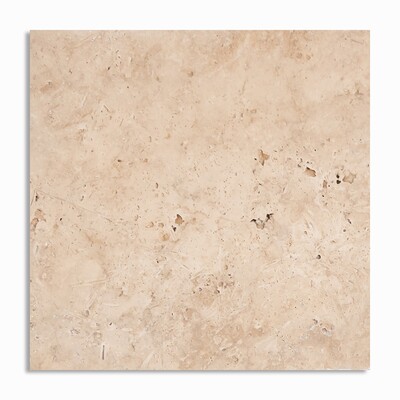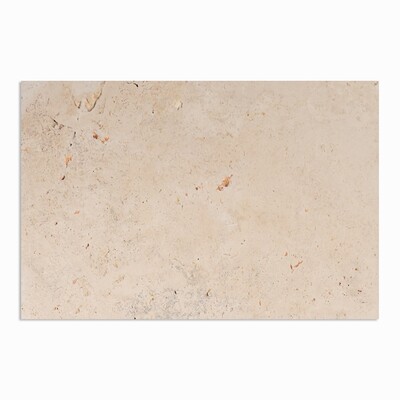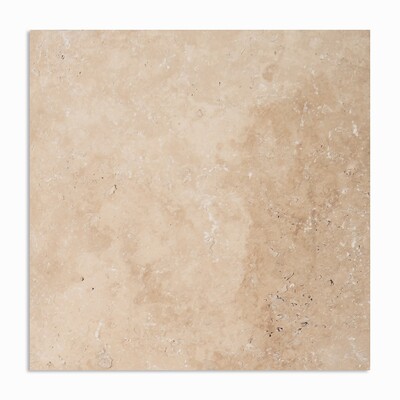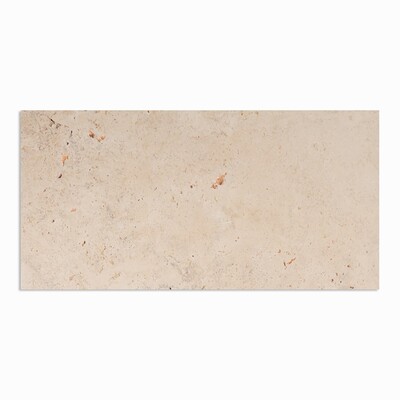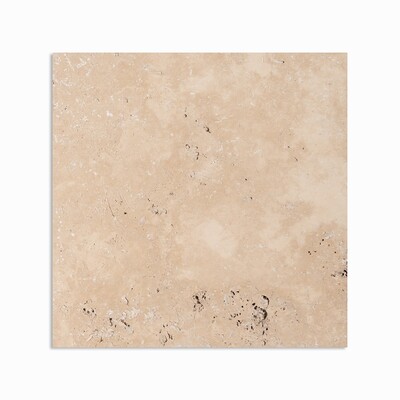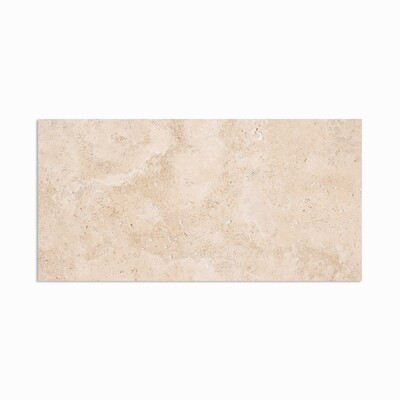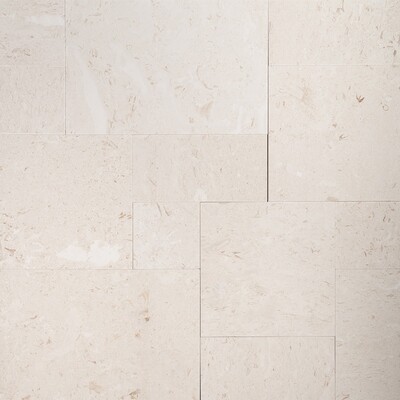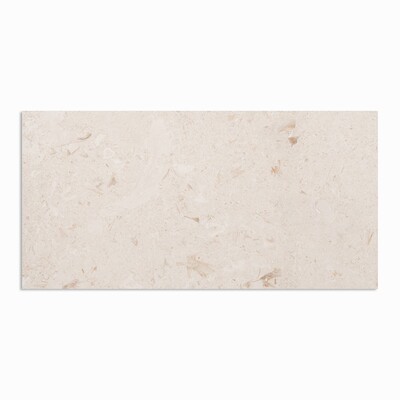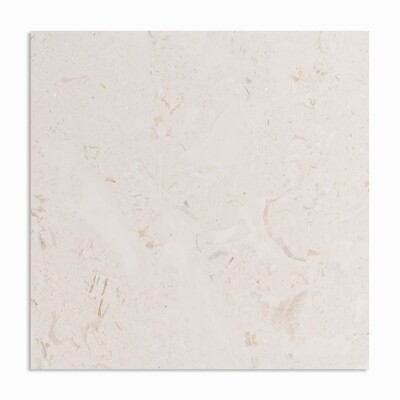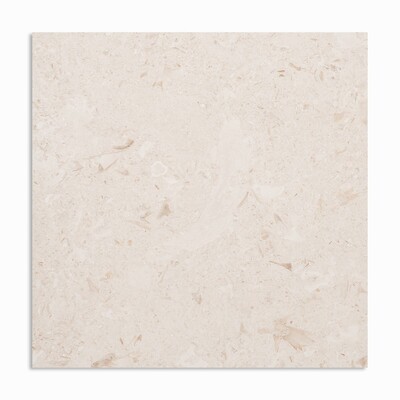70 Products Found.
Pavers are the general name for stone material coverings used for flooring, courtyards, sidewalks, and swimming pools. Some pavers are made to apply to walls as well. Pavers or paver tiles usually consist of cement, concrete, or other natural types of stone. Pavers or paver tiles are typically thicker (about ¾” more) than standard tiles but may be thinner if the project calls for less dense material.
The primary differences between pavers and tiles are their composition and their application. The composition of pavers is often thicker than regular tile so that they can be applied to the softer surfaces they are used to cover. Tiles are used on harder surfaces and paver tiles are reserved for softer bases like gravel, grass, etc. (also known as substrates). Both pavers and tiles are used for coverage and protection of the material beneath it, and both can last for long periods with proper care and maintenance.
Generally, yes – but it depends on several factors. Tiles are often more expensive than standard concrete paving. However, if you compare the cost of standard concrete paving to paver stones, then the opposite tends to be true. Paver stones typically have a higher upfront cost for homeowners, but their composition makes them more durable and less costly in the long run.
Yes, paver tiles are exceptionally good investments when used on soft surfaces. They consist of heavy-duty material and their density makes them ultra-long-lasting.
Yes, most home and commercial business owners invest in paver tiles over standard concrete paving because the tile is more hard-wearing.
Most owners of paver tile note that the tile has one major functional drawback – weeds. Paver tile courtyards, driveways, and patios have lots of joints (or spaces) where weeds can creep up if the sand filling isn’t adequate. We recommend keeping filling the gaps between the tiles with sand to cut down weed growth.
In most cases laying standard concrete costs less than applying paver tiles. However, paver tiles are more durable and hard-wearing, making them a smarter investment long term.
The application can vary based on the paver material. In most cases, gravel is laid for a base, and then pressed down for fortification. Next, sand is added to increase stability. The paver tiles are then laid and spaced accordingly and swept. Next, the gaps between the tiles are filled with more sand. Lastly, the edges of the tile can be finished with edge stones or paving to finish the process.
Brick paver tiles are typically the most affordable option, followed by porcelain paver tiles. Both materials work well as pavers for a fraction of the cost of natural stones like granite and bluestone.
Laying simple concrete or cement on soft surfaces is generally the most affordable way to pave spaces.
Both indoors and outdoors, concrete is often more affordable than laying tile.
No. Compared to standard concrete, pavers are more durable and less likely to crack. If and when pavers wear down, they can be pulled and replaced as necessary.
The lifespan of pavers varies depending on the material, location, maintenance, and level of sustained traffic. Most pavers will last at least 25 years. In best-case scenarios, pavers can last anywhere from 50 to 100 years.
You can, but the quality and texture of the sand must be very specific. The base for sand-only pavers should be road base, very coarse sand, or polymeric sand. Then the paver application process is the same from there.
According to paving professionals, the longest-lasting pavers are cobblestone, brick, and concrete, followed by travertine pavers and porcelain pavers.
Over time, pavers can rust. Thankfully there are products available to help lessen the development of rust and to remove existing rust stains from pavers.
Pavers made from non-natural stone materials are cheaper than pavers made of natural stones. If you go with standard concrete paving, the process is often more affordable than pavers.
Professionals recommend cleaning paver tile annually under most circumstances. If your pavers are routinely covered with chemicals and debris, we recommend cleaning them more often.
Paver tile is not very hard to install. You must do your research if you plan to DIY. If you are not sure you can effectively lay paver tile, then it's best to call in professionals for the best results.
Both stone and pavers are great options for outdoor spaces, but pavers tend to be more durable in the long term than stone.
On average, pavers can withstand 8,000 pounds of pressure per square inch. Standard-poured concrete paving can withstand 3,000 pounds of pressure per square inch.
A paver is a flat, durable stone or tile used for creating outdoor flooring, such as patios, driveways, walkways, and pool decks. Our selection of porcelain, limestone, and travertine pavers offers solutions for every style and need. Also, they provide a stunning look to your outdoor spaces and remain functional year-round. With Stone Tile Depot's premium paver collections, elevate your outdoor design game and experience beyond durability.
Porcelain pavers are a fantastic choice for any outdoor project. Their high durability makes them resistant to scratches, stains, and fading. Porcelain is ideal for areas with heavy foot traffic and exposure to the elements.
They’re also non-porous, preventing water absorption and damage from freeze-thaw cycles. Available in various textures and finishes, including non-slip options, porcelain pavers provide both safety and style for patios, walkways, and pool decks.
Travertine pavers bring a natural, classic look to your outdoor spaces. These pavers stay cool underfoot, making them perfect for poolside areas. Travertine's naturally porous structure ensures efficient drainage, reducing the risk of water pooling. Travertine pavers are slip-resistant, adding an extra layer of safety to your outdoor environment.
Limestone pavers are pretty strong and have a refined appearance. Beyond being ideal for high-traffic areas and harsh weather conditions, these pavers can withstand significant wear and tear while maintaining their natural beauty. The subtle color variations and unique veining of limestone add an elegant touch to driveways, pathways, and patios. Their slip-resistant surface makes them a safe choice for any outdoor setting.
Safety is crucial for outdoor areas, and our range of non-slip pavers ensures your surfaces remain secure even when wet. Be aware of choosing a nonslip tile option that will help prevent slips and falls, making them ideal for pool decks, patios, and other wet areas.
